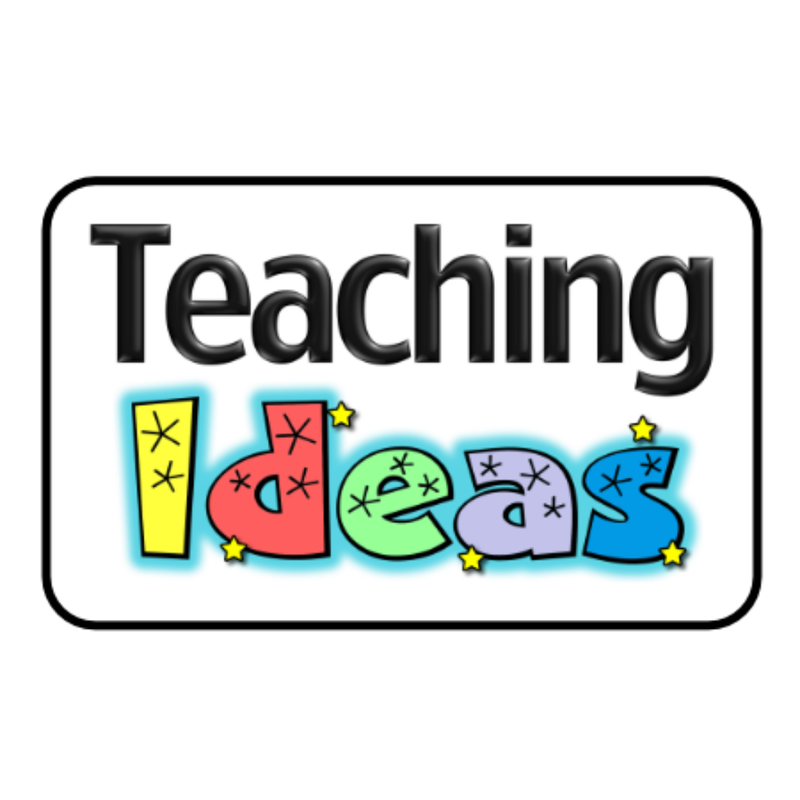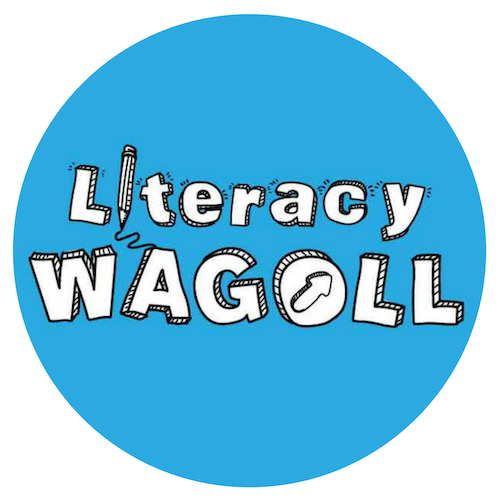|
Your children arrive to lesson from a break or lunch hyped up, chattering away. It is important that when they enter your classroom they refocus their mind on learning. This can be quite a task and can be challenging. But by engaging children from the moment they enter the room, you can start your lesson, hook them in and focus their minds on the lesson. Here are five simple ways you can do this that can be used in a range of subjects and lessons.
0 Comments
Reluctant writers can be a challenge in class and are grouped together as children who don't want to write. However, there are many reasons why students may be reluctant to write. Just like there are many reasons why adults are reluctant to accept new technologies or change their diets or habits. Before you can tackle the reluctancy, you have to know the reasons behind that are preventing a child from fully engaging. There are four main stand out types of reluctant writers and each of them have their reasons for not wanting to write. Once you find out these, you are in a position not just to tackle these head on, but inspire them along the way!
Incase you missed it, we shared 25 top teaching tips for advent via our Social Media accounts. For your ease we have listed all of them below in one festive blog for you to refer back to any time you like. You are more than welcome! As always, please do get in touch with any pictures, videos or comments on how you used these tips in your classroom. We love hearing from you! We hope you had a very Merry Christmas and a Happy New Year!
Do you find yourself struggling to think of short activities for those loose times in the day? How can this time be more productive and can we use it to harness children's enthusiasm and direct it towards their learning?
Here are some tried and tested 'loose time' activities used over the years. Here are just a few of my favourites ready for you to try. It can be difficult for parents to know what to do when it comes to supporting their children's learning at home. But by giving parents a few simple tips, helping children learn at home can be easier than they may think. Here are a few tips on how you as a teacher can support your parents to support their children.
I’m a huge advocate of technology; however, it would be mad to forget the one thing - well two actually- that consistently engages my pupils every day.... puppets!
Keeping children's attention can be very challenging in a classroom environment. Not all children are wired the same and not all our curriculum objectives are very engaging. 90% of the information available to us was created in the past 2 years which is a mind-blowing fact! As Ben Parr states, the modern world is full of information and so for us teachers, our challenge is to make our information and learning, that we are presenting to our students, more important and more engaging than anything else. An impossible task you may think.
Ben states that in order to gain attention, there are 3 stages: Immediate, short and long. this links to our classroom environment and is fairly straight forward. Immediate attention refers to small individual tasks that may be set within one lesson. Short term attention refers to children being engaged within a single lesson and long term links to a child being engaged across an entire unit of learning. In the classroom, we can use these as a focus and ambition for our own lessons. We can use these stages to grab children's attention and foster a love of learning which will engage them not only in the short term but for life. Ben Parr has released this short video via Big Think with a focus on the psychology of attention. He identifies three types of attention: immediate, short, and long. To capture someone's attention you have to see these three as stages into a person's subconscious. But how does this translate into the classroom?
Do you have a reluctant writer in your class? Reluctant writers can be a challenge in class. There are many reasons why students may be reluctant writers and identifying the cause for their reluctance is the first step in helping them reengage with Literacy. What types of reluctant writers are there and how can we support them?
Virtual reality is growing in popularity with computer games and consoles all releasing VR games and headsets. There are a large amount of free VR videos available on YouTube that provide great experiences for children. You don't even need the tech in your classroom to access great VR content - just an ipad/phone. VR is a great way to immerse children into a topic or lesson. Here are our top five VR experiences!
|
SearchWAGOLL TeachingWith a keen interest in the neuroscience and psychology of learning, WAGOLL Teaching is about sharing research alongside great, simple teaching ideas to a global teaching community.
Ben has been in education for over 10 years and is passionate about simplifying high quality teaching and learning through innovative and practical approaches in the classroom. sUBSCRIBECategories
All
|
|
Who are we? |
With a keen interest in the neuroscience and psychology of learning, WAGOLL Teaching is about sharing research alongside great, simple teaching ideas to a global teaching community.
|
All copyright reserved ©.
I would like to remind all visitors to this website that all pages on this site are copyright protected, unless stated. Most importantly, this site is for the use and enjoyment of all children, parents, guardians, carers and teachers who are involved in WAGOLL Teaching. Please use the resources/ideas as you need without replicating them for your own gains.
I would like to remind all visitors to this website that all pages on this site are copyright protected, unless stated. Most importantly, this site is for the use and enjoyment of all children, parents, guardians, carers and teachers who are involved in WAGOLL Teaching. Please use the resources/ideas as you need without replicating them for your own gains.

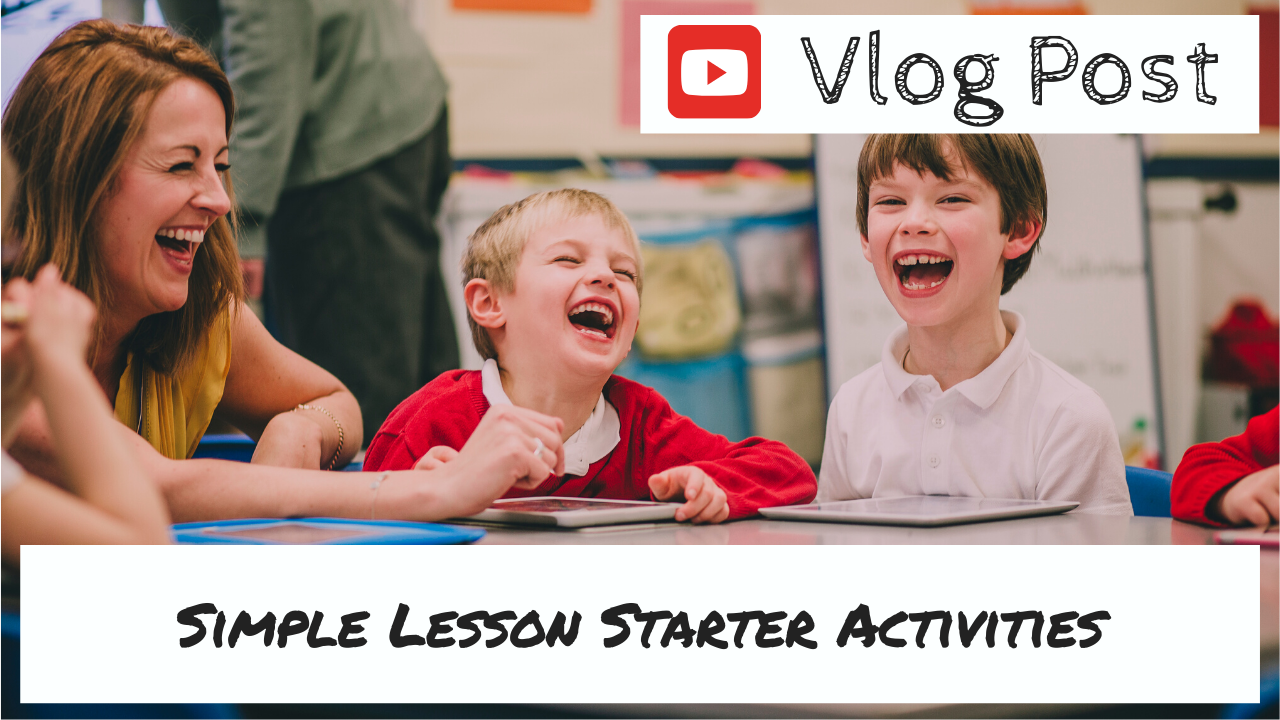
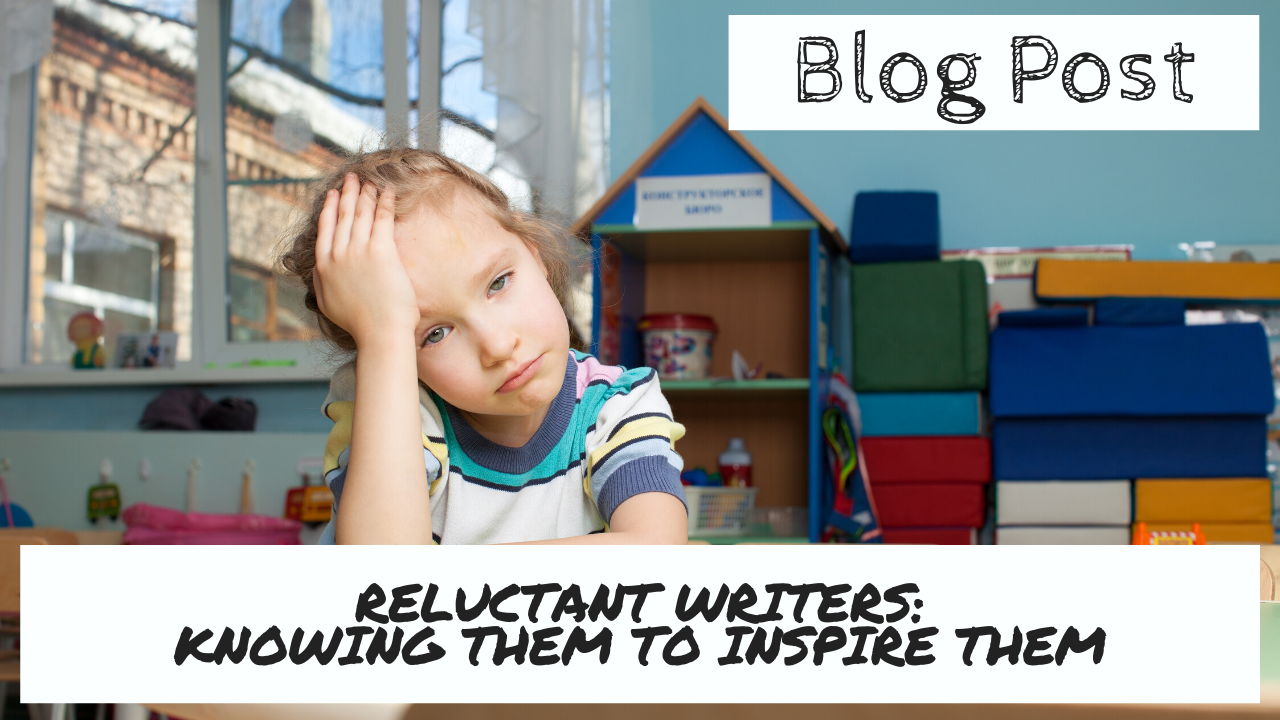
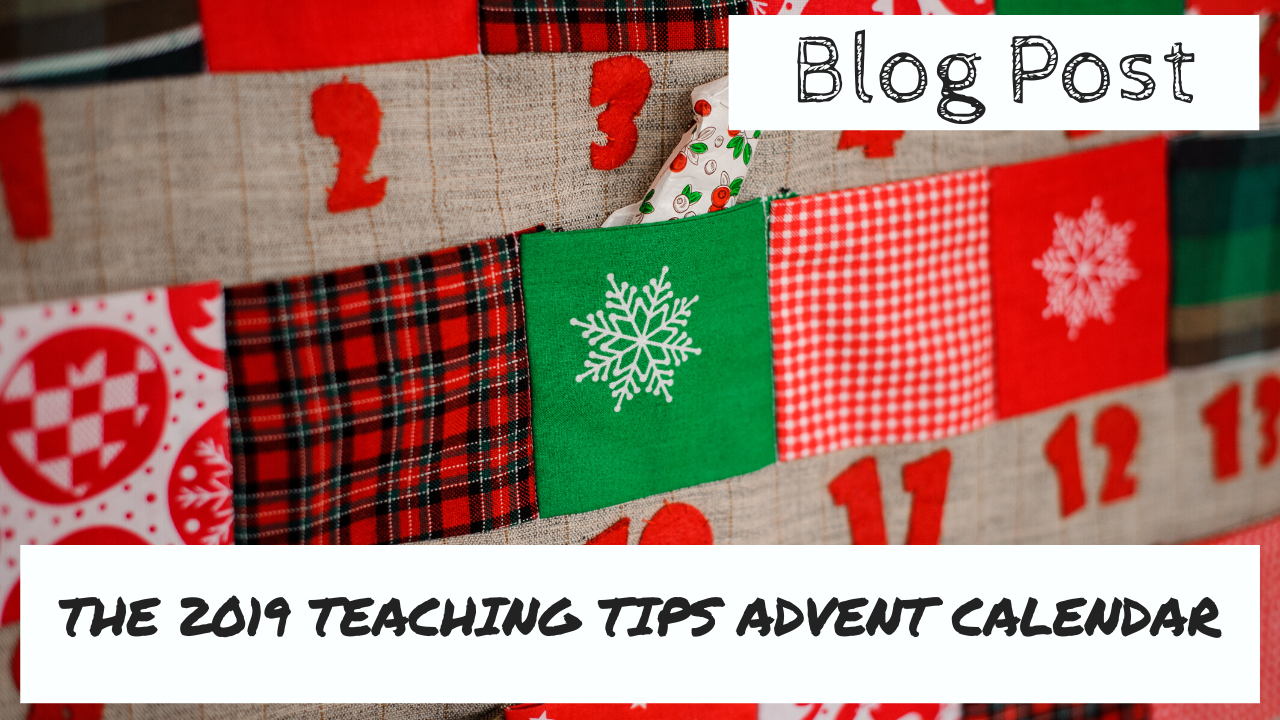

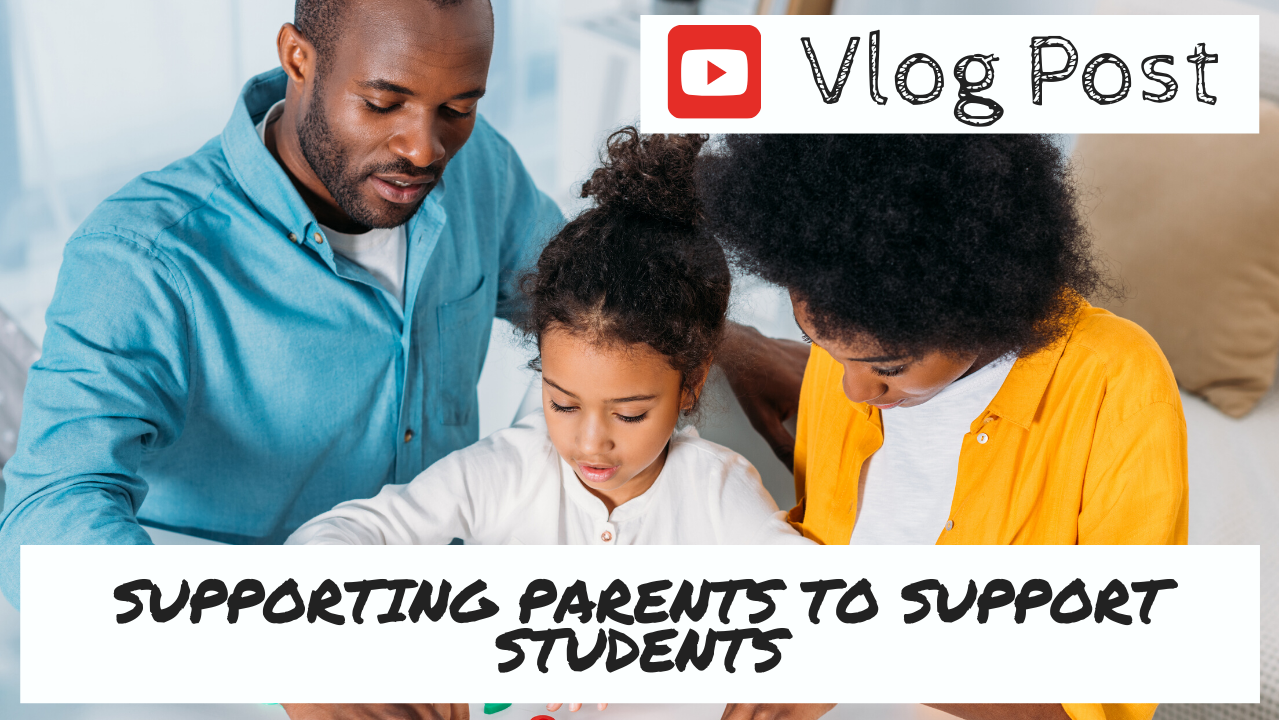
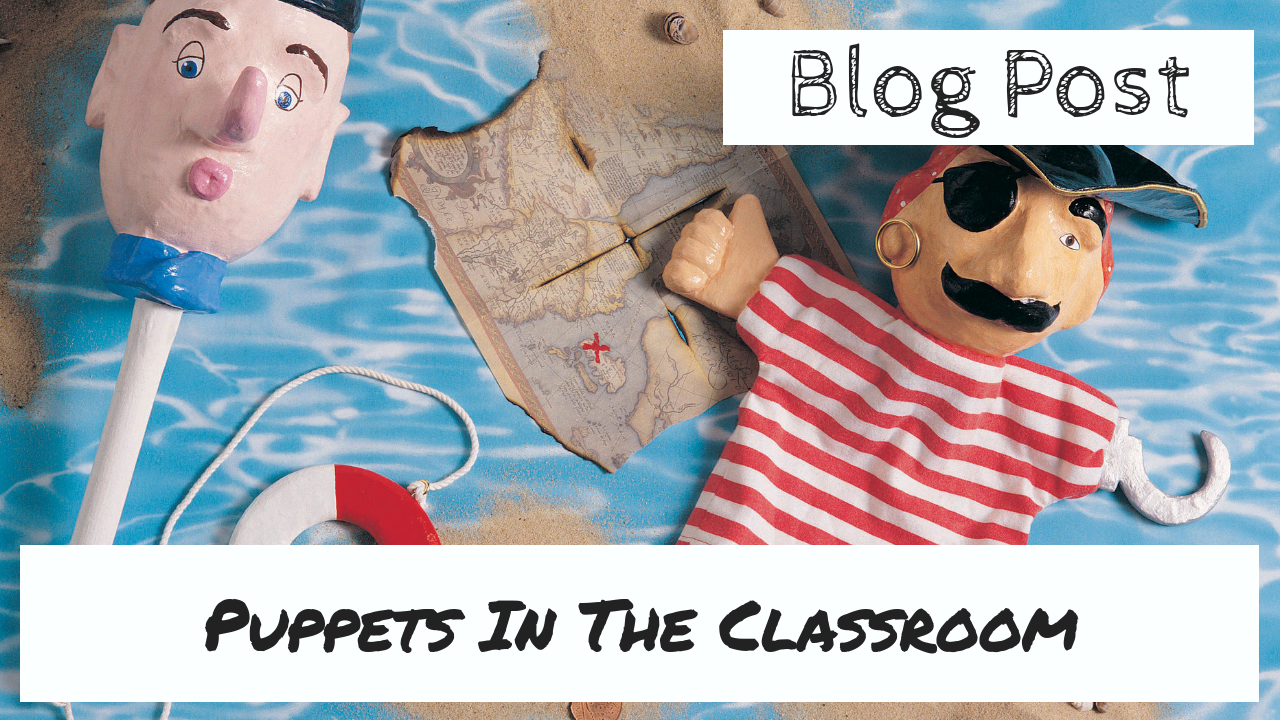
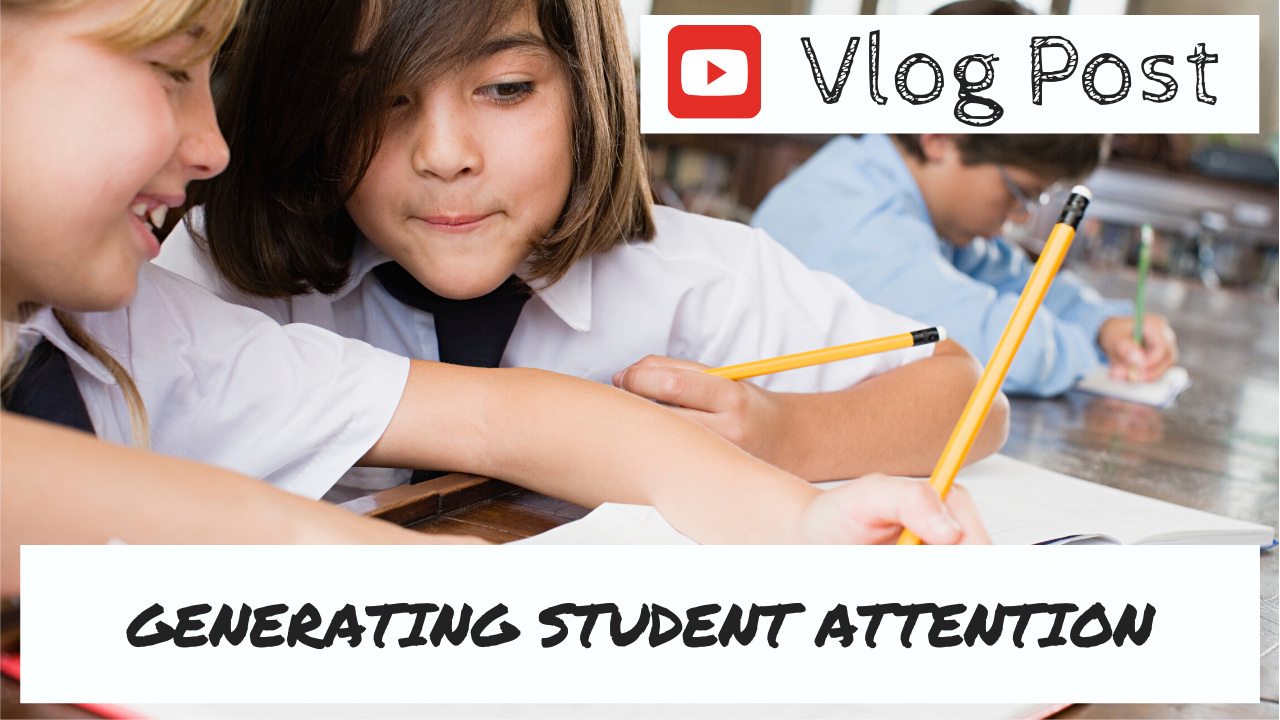
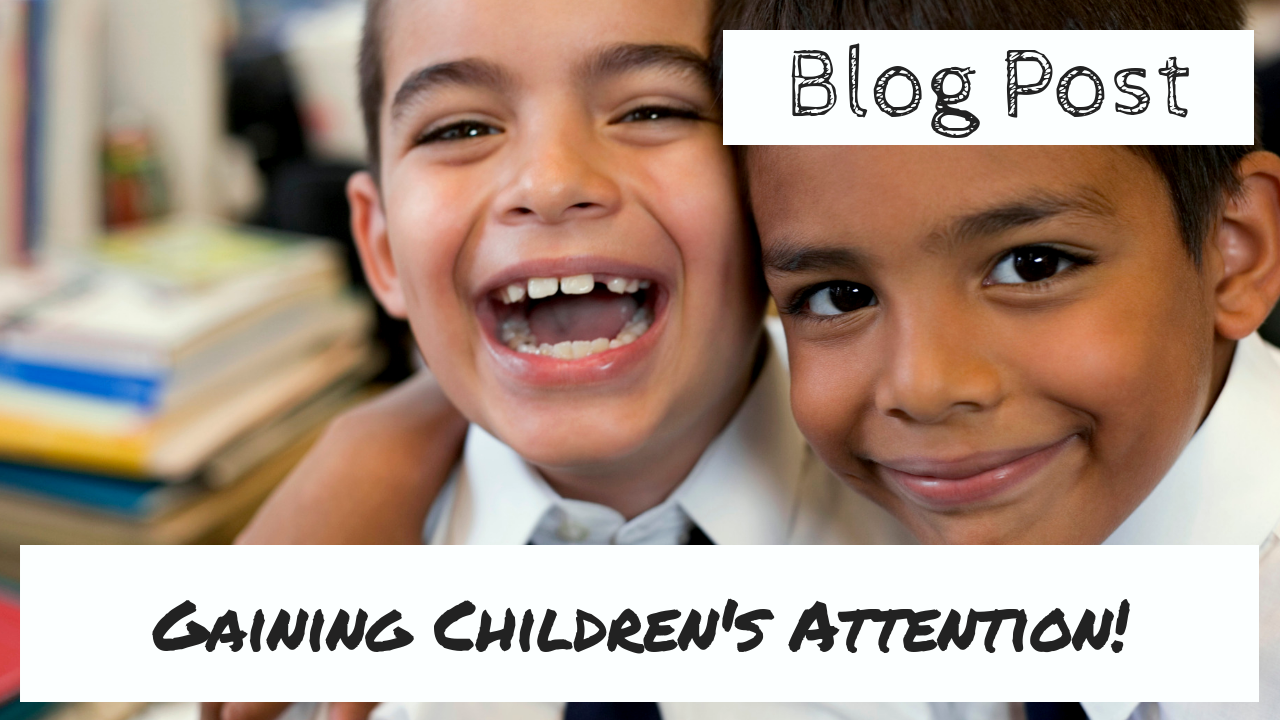
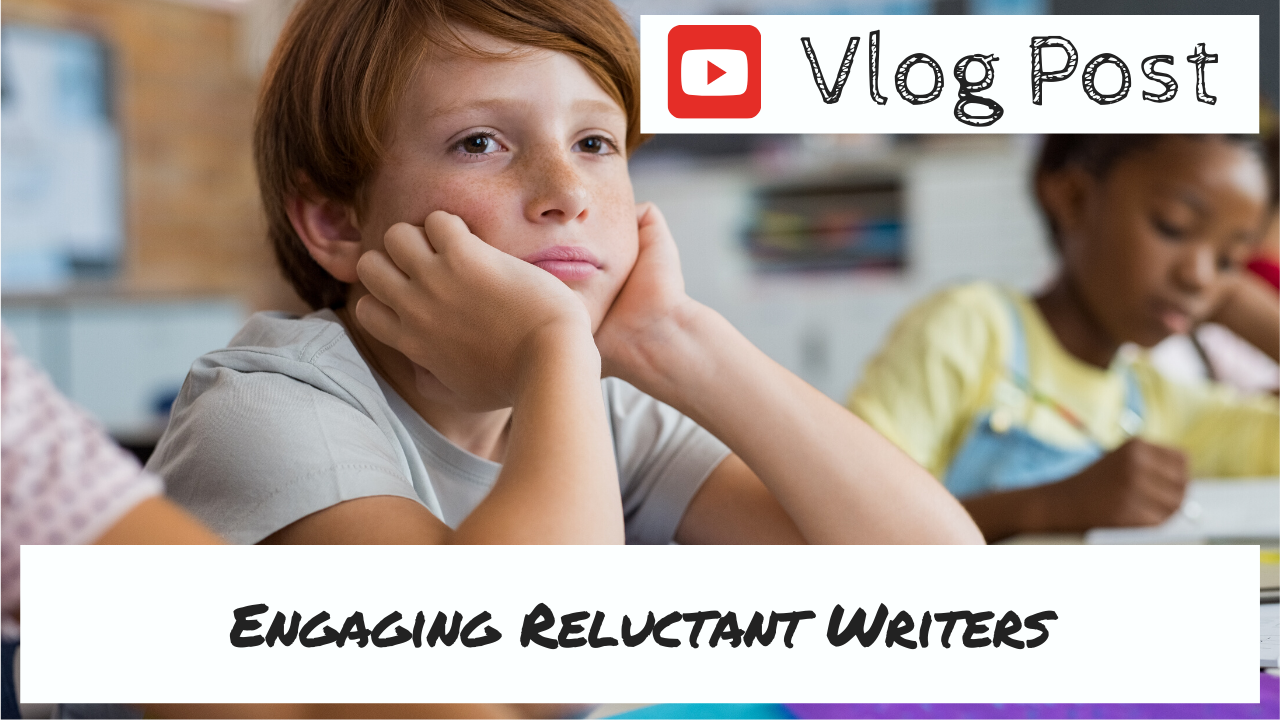





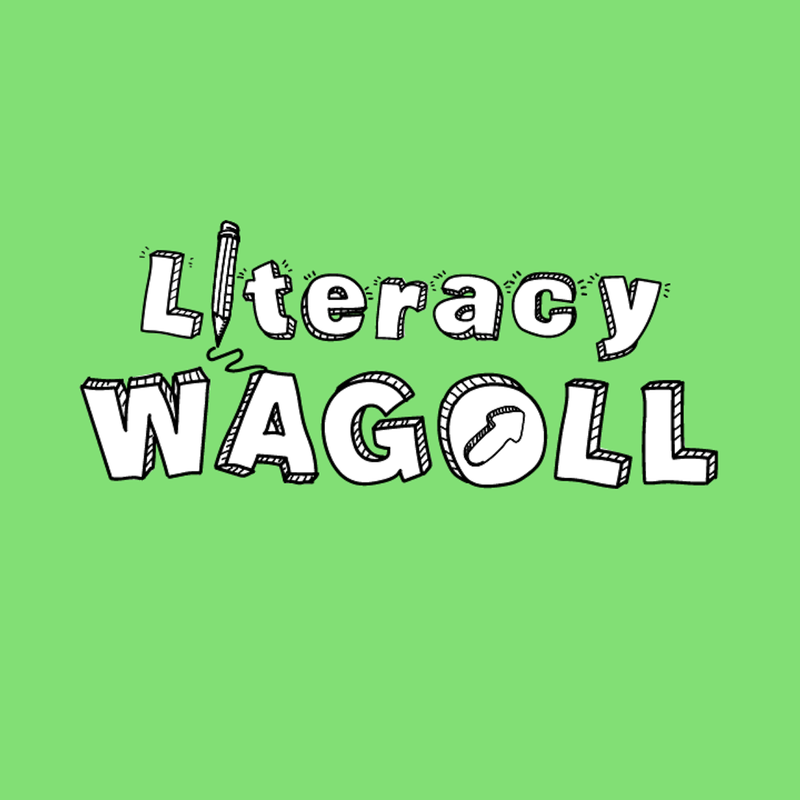
 RSS Feed
RSS Feed

